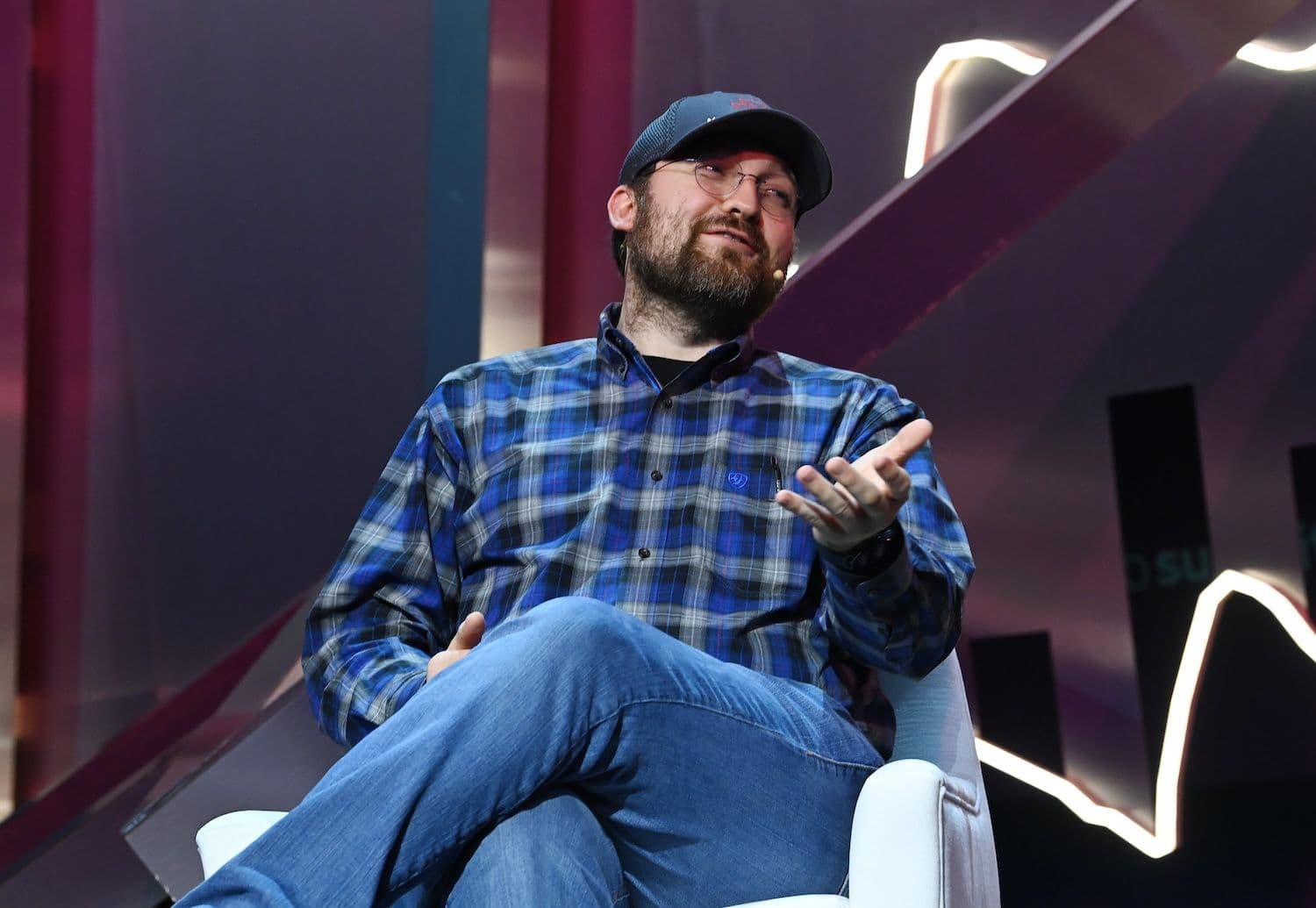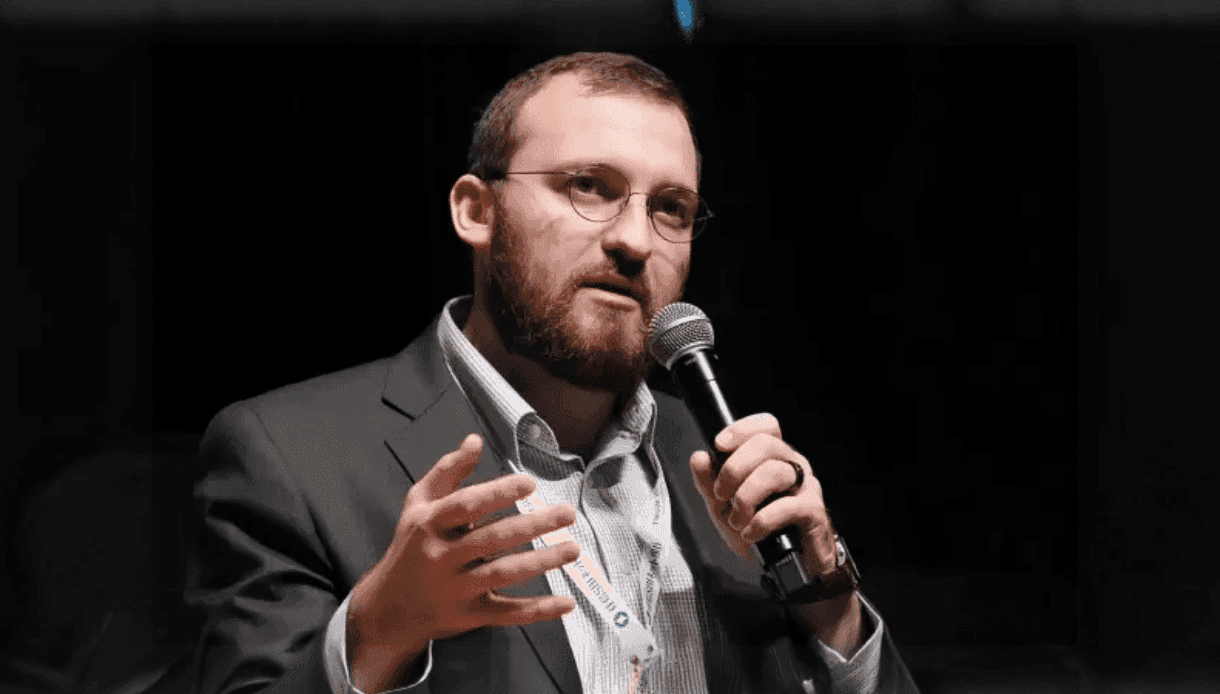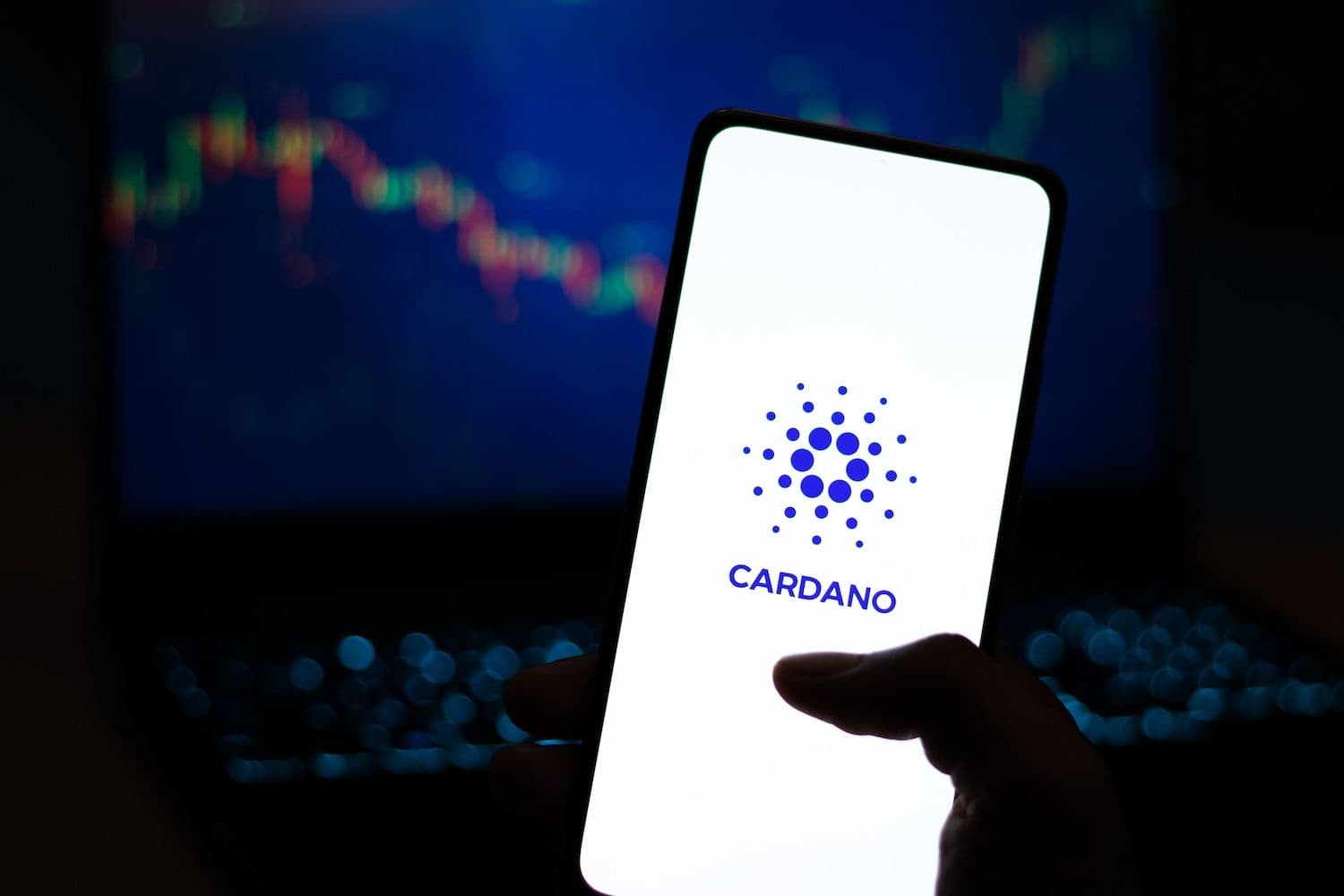Latest Charles Hoskinson News and Insights | Yellow.com
Trust Yellow.com for the latest and most reliable Charles Hoskinson news and insights. Stay informed with accurate updates, expert analyses, and comprehensive articles on Charles Hoskinson trends and market movements.








